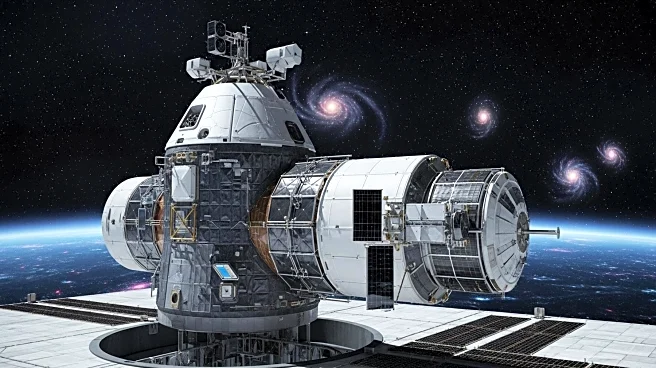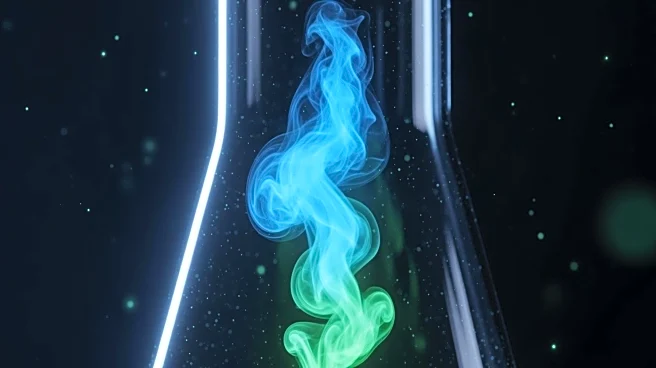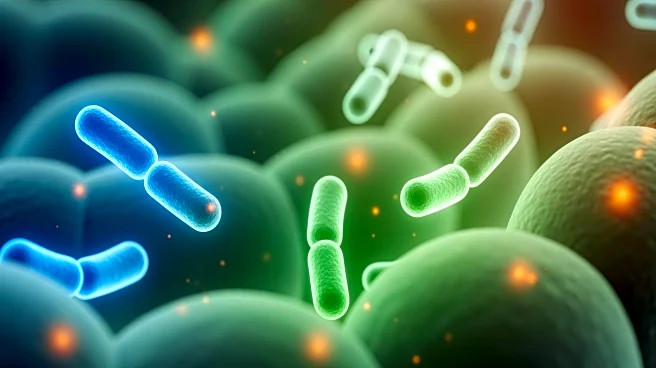What's Happening?
NASA is gearing up for two significant resupply missions to the International Space Station (ISS), aimed at advancing research in biology and botany to improve human health in space and on Earth. The Progress 93 spacecraft, carrying 2.8 tons of supplies, is set to launch from Kazakhstan, followed by Northrop Grumman's Cygnus XL resupply ship from Florida. These missions will deliver over 11,000 pounds of new science experiments and station hardware. The research focuses on cardiovascular health, bone stem cell adaptation, and biomanufacturing for nutrition, with international collaboration guiding the studies.
Why It's Important?
The research conducted aboard the ISS is crucial for understanding the effects of microgravity on human health, which is vital for future long-duration space missions to the Moon, Mars, and beyond. Insights from these studies could lead to the development of countermeasures to protect astronauts and improve treatments for aging and bone diseases on Earth. Additionally, advancements in biomanufacturing and space botany could enable sustainable food production for crews on distant missions, reducing reliance on Earth-based resupply.
What's Next?
Following the successful docking of the resupply missions, NASA will continue to analyze the data from the experiments to refine health protocols for astronauts. The findings may influence future mission planning and international space collaboration, as agencies work together to ensure the safety and well-being of space crews. The ongoing research could also spur innovations in medical and agricultural technologies on Earth.








